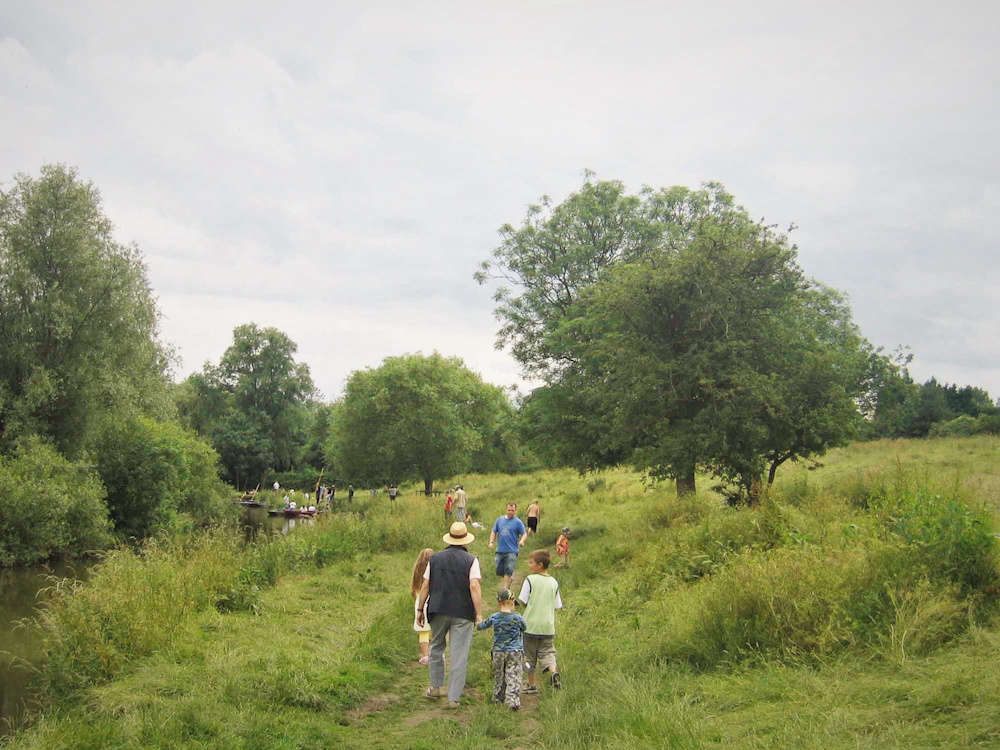
Shocking new research has today revealed that millions of people in the East of England have suffered a deterioration in their mental health because of housing problems, and many are seeking help from GPs in the area.
The report from Shelter and ComRes shows 30% of people in the East of England have experienced issues including long-term stress, anxiety and depression due to a housing problem over their lifetime. In some of the worst cases, people have suicidal thoughts.
The charity is urging anyone overwhelmed by housing problems to get advice from Shelter, after 1 in 13 (8%) people in the region said they had visited their GP due to housing problems. An in-depth investigation by the charity with 20 GPs, revealed:
GPs say some of their patients diagnosed with anxiety and depression is directly due to housing problems
Bad housing is tipping people with existing mental health issues ‘over the edge’
Poor housing conditions are having the biggest effect on mental health but unaffordable and unstable rented housing are also having a negative impact
GPs feel they need more help in supporting patients experiencing these problems
Showing how linked housing and mental health are, nationally the research shows that a vast majority (69%) of people who have experienced housing problems in the last five years such as poor conditions, struggling to pay the rent or being threatened with eviction, have reported a negative impact on their mental health.
Shelter legal adviser Liz Clare said: "Every day at Shelter we hear from people at breaking point because they can no longer cope with their unstable, unliveable or unaffordable housing.
“From families in fear of falling further behind on the rent to people dealing with the misery of raising young children in a tiny, mouldy, freezing flat – people can feel completely overwhelmed.
"But getting advice and support for housing problems early can ease the pressure and stop things spiralling out of control. Shelter’s free expert advice is only a click or conversation away – visit shelter.org.uk/advice as a starting point or pop into your local Shelter service.”


 Cambridge business targeted by raiders twice in 24 hours
Cambridge business targeted by raiders twice in 24 hours
 Grantchester Meadows to enjoy bright future
Grantchester Meadows to enjoy bright future
 Flying Scotsman returns to Cambridgeshire
Flying Scotsman returns to Cambridgeshire
 Man found stabbed in St Neots car park
Man found stabbed in St Neots car park


